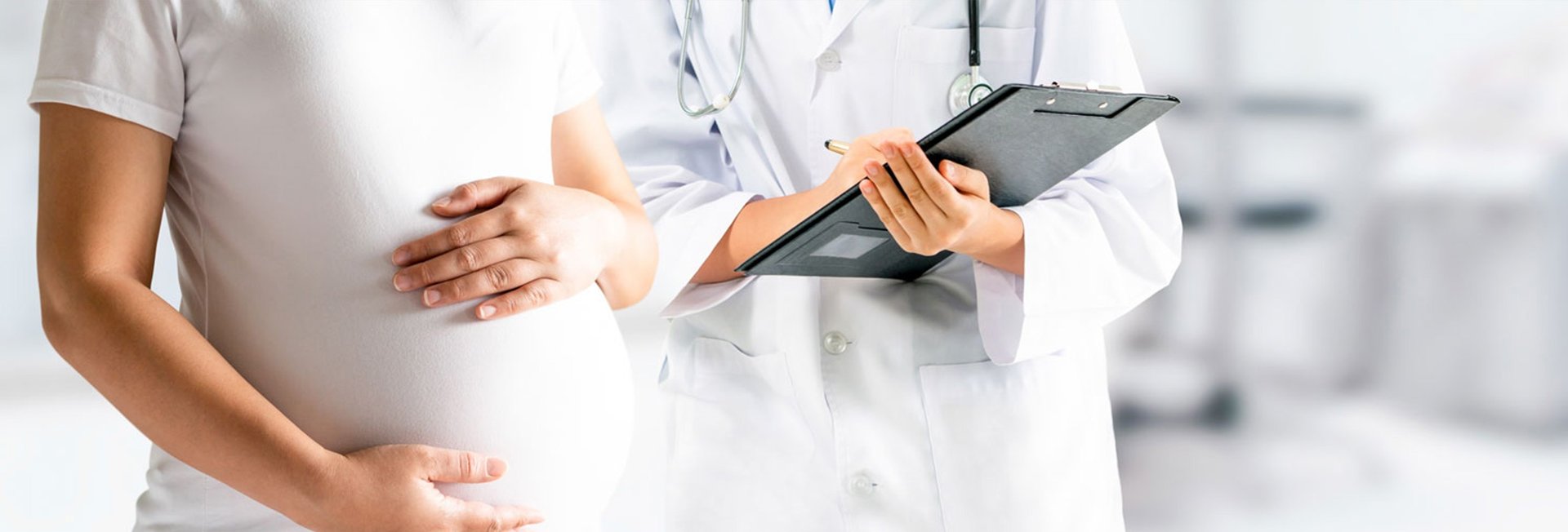
Gynecology and Pregnancy
Ayurveda has a specialized branch known as Prasoothy Thanthra, which addresses various gynecological issues and their treatments. This holistic approach focuses on balancing doshas and dhatus to restore women’s health and well-being.


Gynecology in Ayurveda (Prasoothy Thanthra)
Common Gynecological Disorders
Menstrual cycles typically last 28 days, with periods lasting four to seven days. Irregularities can include cycles shorter than 21 days or longer than 35 days, missed periods, and unusually heavy or light menstrual flow.
1. Menstrual Irregularities
Common Menstrual Irregularities
Amenorrhea: Absence of menstruation.
Oligomenorrhea: Infrequent or irregular periods (more than 35 days between cycles).
Menorrhagia: Excessive or prolonged bleeding, often leading to anemia.
Dysmenorrhea: Painful periods with severe cramps.
Polymenorrhea: Frequent periods with cycles shorter than 21 days.
Hypomenorrhea: Very light or scanty bleeding.
Metrorrhagia: Irregular bleeding between periods.
Premenstrual Syndrome (PMS): Physical and emotional symptoms, such as mood swings, bloating, and irritability, before menstruation.
2. Polycystic Ovary Syndrome (PCOS)
A hormonal imbalance causing irregular periods, excess hair growth, acne, and cysts on the ovaries.
3. Endometriosis
A painful condition where tissue similar to the uterine lining grows outside the uterus, leading to heavy periods, pain, and potential fertility issues.
4. Recurrent Urinary Tract Infections (UTIs)
Frequent infections of the urinary tract, causing pain, burning, and frequent urination.
5. Leukorrhea (White Discharge)
Unusual white vaginal discharge, which may indicate infections or other gynecological conditions.
6. Fibroids
Non-cancerous growths in the uterus that can cause heavy periods, pain, and other symptoms.
Ayurvedic Treatment for Gynecological Disorders
Ayurvedic treatments for gynaecological issues focus on balancing the doshas and dhatus through natural remedies and holistic therapies, including:
1. Herbal Medicines
Specific herbs are chosen based on the individual’s dosha constitution to address hormonal imbalances, reduce inflammation, and improve reproductive health.
2. Diet and Lifestyle Modifications
A balanced, dosha-specific diet and lifestyle adjustments are essential in managing and preventing gynaecological disorders. This may include avoiding certain foods, regular exercise, and stress management techniques.
3. Ayurvedic External Therapies
Abhyanga (Oil Massage): Full-body massage using herbal oils to improve circulation and balance hormones.
Sirodhara: A soothing therapy that involves pouring warm oil on the forehead to reduce stress and emotional imbalance.
Udwarthanam: A dry powder massage that is particularly beneficial for reducing excess Kapha in PCOS cases.
4. Panchakarma Procedures
Virechana: Purgation therapy to eliminate toxins and balance doshas, particularly beneficial in cases of PCOS and menstrual irregularities.
Basti: Enema therapy to cleanse the reproductive system and improve reproductive health.
Uttarabasti: A specialized enema therapy for treating uterine and urinary issues that is beneficial for infections and menstrual irregularities.
Ayurveda’s approach to gynaecological disorders is holistic and focuses on long-term health by balancing doshas, cleansing toxins, and using natural herbs and therapies. This integrated approach enhances reproductive health, manages symptoms, and helps prevent future gynecological issues.
